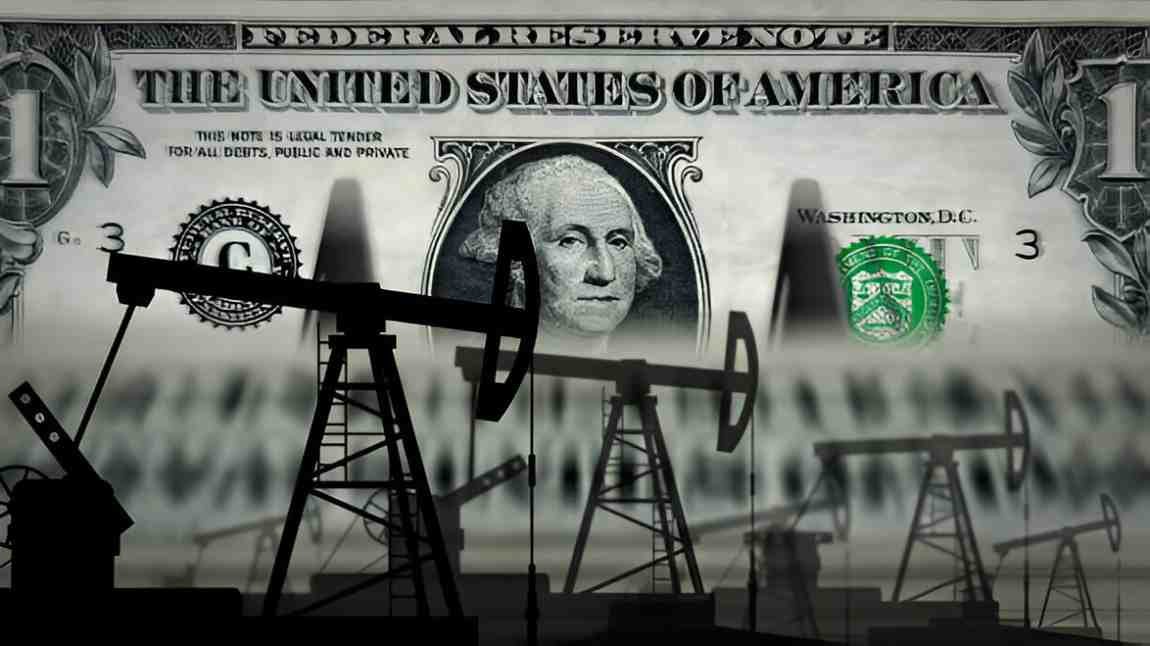Introduction
Petrodollars play a crucial role in the global economy. They shape monetary policies, impact exchange rates, and influence geopolitics. This guide explains petrodollars from a beginner’s perspective. I will break down their origin, functions, and implications for the US and the world economy. Understanding petrodollars requires grasping economic concepts like balance of payments, foreign exchange reserves, and trade deficits. This article covers these aspects and presents illustrative tables and mathematical calculations.
Table of Contents
What Are Petrodollars?
Petrodollars refer to US dollars earned by oil-exporting nations from selling crude oil. The term emerged in the 1970s when oil prices surged, and Middle Eastern countries accumulated vast dollar reserves. Since global oil trade is predominantly conducted in US dollars, these nations hold substantial foreign exchange reserves in USD.
Origin of the Petrodollar System
The petrodollar system arose from an agreement between the US and Saudi Arabia in 1974. The US agreed to provide military protection, and in return, Saudi Arabia committed to pricing its oil exclusively in US dollars. Other OPEC members followed suit, reinforcing the US dollar’s dominance in global oil markets.
Why Is Oil Priced in US Dollars?
- Global Standardization: Using a single currency simplifies trade and financial transactions.
- US Economic Strength: The US dollar is the world’s primary reserve currency, backed by a stable economy.
- Liquidity: The US dollar has deep, liquid markets, making it ideal for international trade.
How Petrodollars Work: A Step-by-Step Breakdown
- Oil-exporting nations sell crude oil to importers and receive US dollars.
- These nations use dollars to buy imports, invest in US assets, or hold them in reserves.
- The US benefits as dollars return through investments in Treasury bonds, stocks, and real estate.
Petrodollar Recycling Mechanism
Petrodollar recycling refers to how oil-exporting countries reinvest surplus US dollars. The two primary channels are:
- Trade: Buying goods and services from US and other countries.
- Investment: Purchasing US Treasury bonds, stocks, and real estate.
Example of Petrodollar Recycling
Assume Saudi Arabia exports $100 billion of oil annually. It reinvests $70 billion in US Treasury bonds and spends $30 billion on imports. This strengthens the US economy by creating demand for its assets and products.
Impact of Petrodollars on the US Economy
1. Lower Interest Rates
Oil exporters’ investments in US Treasury bonds help lower borrowing costs. Increased demand for US bonds pushes bond prices up and yields down, reducing interest rates.
2. US Dollar Demand and Exchange Rates
Oil trade in US dollars increases demand for the currency. Higher demand strengthens the dollar, making imports cheaper and exports more expensive.
3. Trade Deficit and Capital Inflows
The US runs a trade deficit but finances it through foreign capital inflows, largely from petrodollar investments.
4. Geopolitical Influence
The US gains strategic leverage as many countries require dollars to buy oil, reinforcing its financial dominance.
Petrodollars and Inflation
A strong dollar from petrodollar recycling reduces import costs, limiting inflation. However, oil price shocks can lead to inflationary pressures.
Inflation Example
Suppose oil prices rise from $60 to $120 per barrel. If the US imports 10 million barrels daily, its import bill doubles, increasing overall costs.
Challenges to the Petrodollar System
- Shift to Non-Dollar Oil Trade: Countries like China and Russia promote alternatives like the Chinese yuan and gold-backed oil contracts.
- US Monetary Policy: High US debt levels and expansionary monetary policies could weaken confidence in the dollar.
- Geopolitical Risks: Sanctions and global tensions impact petrodollar flows.
Petrodollars vs. Other Currency-Based Oil Trade
| Feature | Petrodollar (USD) | Petro-yuan (CNY) | Petro-Euro (EUR) |
|---|---|---|---|
| Liquidity | High | Medium | Medium |
| Stability | High | Medium | Medium |
| Market Share | Dominant | Growing | Limited |
| Backing | US Economy | China’s Economy | EU Economy |
The Future of Petrodollars
Petrodollars will remain relevant as long as oil trade is dollar-based. However, diversification efforts by emerging economies could challenge this system. The US must maintain fiscal discipline and geopolitical stability to sustain petrodollar dominance.
Conclusion
Understanding petrodollars is essential for grasping global economic dynamics. They influence exchange rates, trade balances, and US economic policies. While challenges exist, the US dollar remains the primary currency for oil trade, reinforcing its role in the global financial system.





